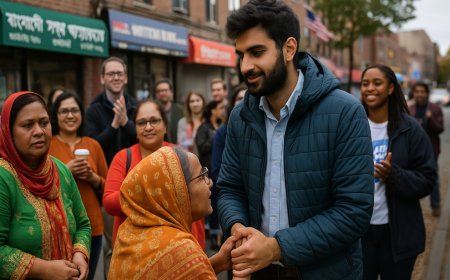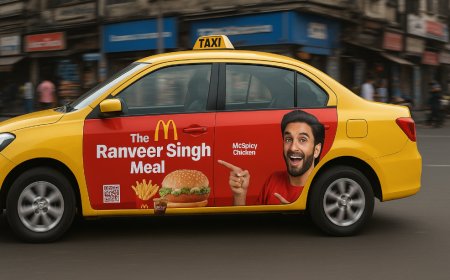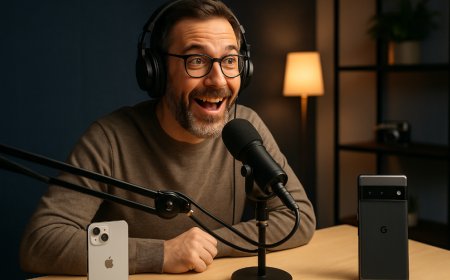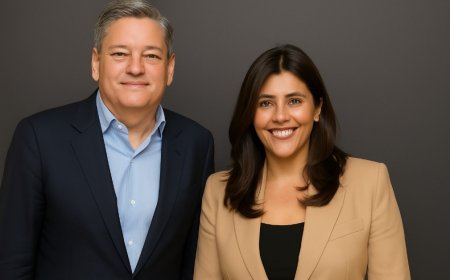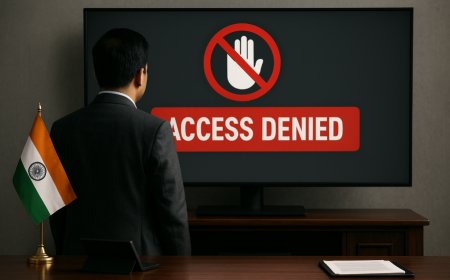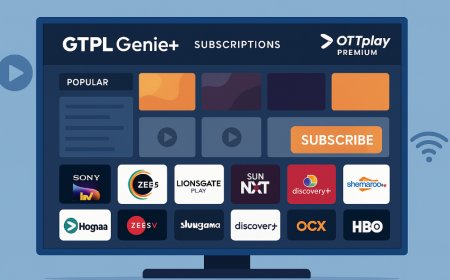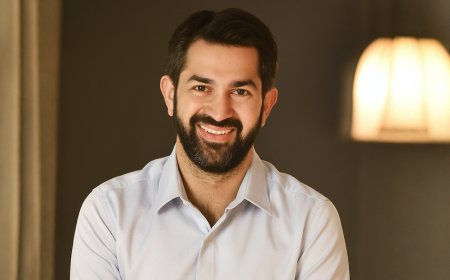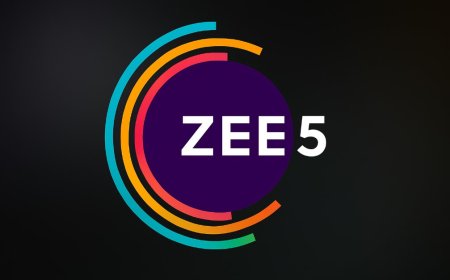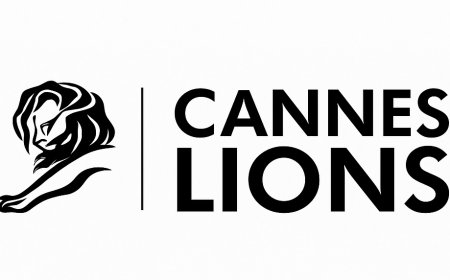Elon Musk’s Next Big Move: X to Drop Hashtags from Ads — Here’s What It Means for Brands and Users
Elon Musk announces that X (formerly Twitter) will remove hashtags from all paid ads. Explore what this bold shift means for digital marketers, brand campaigns, and the future of social advertising.
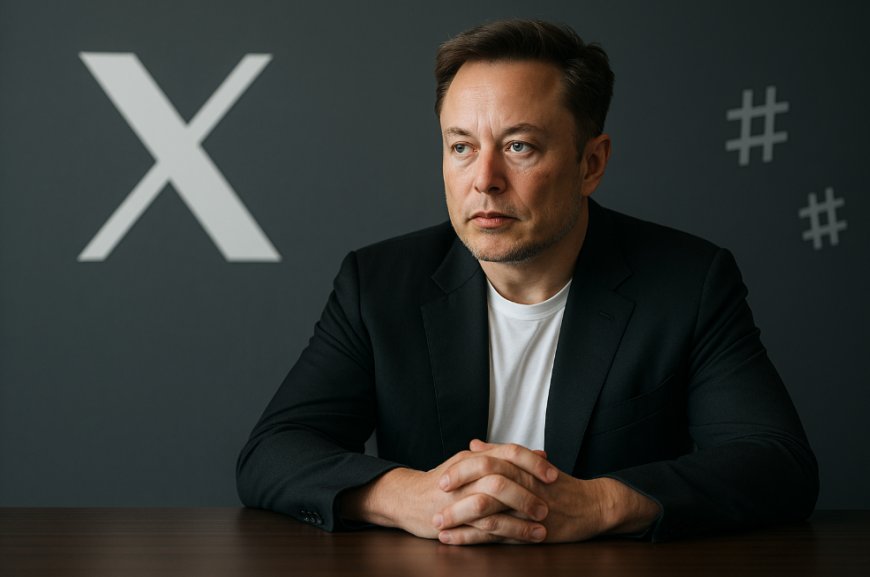
The End of the #Hashtag in Ads? Elon Musk Rewrites the Rules on X
Ever since Elon Musk took the reins of Twitter — rebranding it to simply X — the social media landscape has been in constant flux. From subscription models to verification overhauls, Musk has wasted no time shaking up how the platform works, looks, and earns. Now, the billionaire innovator has dropped another bombshell: hashtags will be phased out from all paid advertising on X.
The announcement has sent ripples through the digital marketing and social media community. For over a decade, hashtags have been the lifeblood of online engagement — a simple yet powerful symbol that turned ordinary words into discoverable trends. But as Elon Musk sees it, their time in sponsored content is over.
Breaking Down the Announcement: What Did Elon Musk Say?
In a brief but pointed post on X last week, Musk wrote:
"Hashtags in ads? Dead. Good content doesn’t need them. Algorithms do the work now. #EndOfAnEra (oops, last time!)."
True to his signature style, Musk mixed a serious policy update with a dash of wit — even ironically using a hashtag to sign off what might be its own funeral notice.
According to insiders, this policy is not just an experiment. The removal of hashtags from promoted posts will roll out in phases over the next quarter, with global implementation expected by early next year.
The Logic: Why Axe Hashtags?
At first glance, the move may seem radical. After all, hashtags have been around since the dawn of modern social media, helping users find trending topics, participate in conversations, and rally around causes.
But Musk’s team believes hashtags — at least in ads — have outlived their purpose. Here’s why:
1. Improved Algorithms:
With X’s new AI-powered content discovery, posts are recommended to relevant users regardless of hashtags. Keywords, context, and user behavior now drive visibility.
2. Cleaner Aesthetics:
Musk and his design team have been pushing for sleeker ad formats. Hashtags, often used excessively or awkwardly, clutter sponsored messages and make them look outdated.
3. Better Click-Through Rates:
Studies by X’s internal team suggest that users are less likely to click on ads overloaded with hashtags, viewing them as spammy or inauthentic.
4. Reducing Misuse:
Hashtags in ads were sometimes used to hijack unrelated trending conversations, which X sees as manipulation of organic trends.
What Will This Look Like in Practice?
In practical terms, brands will no longer be allowed to embed hashtags within paid promotions. Organic tweets remain untouched — users can still hashtag away in non-sponsored posts.
Moving forward, if a brand tries to boost or promote a tweet that contains hashtags, the system will automatically reject it or strip out the symbols before approval.
To compensate, X plans to offer new ad targeting tools, allowing advertisers to reach audiences that follow topics once commonly grouped under hashtags.
Marketers React: Cheers, Fears, and Questions
Unsurprisingly, the move has split the marketing world right down the middle.
The Supporters:
Some brands and creative agencies welcome the change. They argue that hashtags in ads have become lazy shortcuts for engagement, encouraging shallow click-bait tactics instead of genuine messaging.
"We’ve always focused on storytelling, not spamming #Viral #Trendy all over a headline," says Ananya Sharma, a digital strategist at a leading Mumbai-based agency. "This will push brands to write better ads and trust targeting tools."
The Critics:
On the flip side, many small businesses and indie creators worry about losing a free, familiar tool for discoverability. For them, hashtags have been a low-budget way to make sure niche campaigns surface in larger conversations.
"Without hashtags, how do we organically link our promoted posts to big moments like #WorldEnvironmentDay or #IPL?" asks Rajesh Pillai, owner of a local eco-brand.
The Data Story: Do Hashtags Even Work Anymore?
Behind the bold decision is a hard truth: hashtags may have lost their original power. Over time, user behavior on social platforms has evolved. Many young users now rely more on algorithmic feeds, personalized suggestions, and influencer endorsements than on manually searching hashtags.
Research by multiple digital think tanks shows that while hashtags still work for virality in organic content, their impact on paid reach has been steadily declining. Users click on hashtags in organic posts to browse more, but rarely do so in an ad context.
What This Means for Brands: New Rules, New Creativity
For brands that have leaned heavily on hashtag-centric campaigns, this is a wake-up call. Going forward, the focus will shift to:
More Compelling Visuals:
Eye-catching images and videos that hook the audience immediately.
Stronger Copywriting:
Clear, concise messaging that doesn’t hide behind trending phrases.
Smarter Targeting:
Using X’s evolving AI tools to reach interest-based audiences without piggybacking on hashtags.
Better Influencer Collabs:
Partnering with creators to organically integrate branded messages into non-paid posts — where hashtags will still thrive.
What Happens to Hashtag Campaigns?
One big question remains: what about iconic hashtag-led campaigns? From #ShareACoke to #LikeAGirl, some of the world’s most memorable digital movements were born from a hashtag. Will brands abandon them entirely?
Industry experts say no — but there’s a clear line now. Hashtags will live on in organic storytelling — brand handles, influencers, and customers can still use them freely. But in the paid realm, brands will have to rely more on narrative and emotion to inspire sharing.
X’s Bigger Game: From Text to Context
Musk’s hashtag decision fits into a larger strategy: transforming X from a ‘text-driven’ feed to a context-driven experience. The platform is investing heavily in AI-driven topic clustering, making it easier for users to stumble onto relevant posts without needing hashtags as a map.
Expect to see more dynamic topic tabs, trending story widgets, and AI-curated conversation hubs. For advertisers, this means campaigns will soon target context — not just keywords.
A Nod to Privacy?
Some analysts believe the hashtag cull also nods to growing privacy debates. By removing hashtags, X can downplay the practice of scraping user engagement around specific tags for ad retargeting — a practice that has raised ethical concerns.
By moving to interest-based clusters powered by consented user behavior, Musk’s X positions itself as privacy-forward, at least by social media standards.
Could Other Platforms Follow?
The big question now is whether other social giants will follow X’s lead. Instagram and TikTok remain hashtag-heavy, but even there, discovery is increasingly driven by algorithms and creator recommendations.
Some believe Musk’s experiment could set a precedent. If brands see higher click-through rates and better ROI from hashtag-less ads on X, the pressure may mount on rivals to rethink their own approaches.
How Should Brands Prepare?
As with any platform shift, adaptation is key. Here’s what marketing teams can do now:
-
Audit Past Campaigns: Identify which hashtags were actually driving ROI versus just taking up space.
-
Test Creative Formats: Experiment with short videos, carousels, and AI-generated visuals that speak for themselves.
-
Strengthen Organic Plays: Use hashtags in unpaid posts and encourage audiences to generate user-created content.
-
Master X’s New Tools: Learn how the revamped targeting, trending clusters, and smart recommendations work.
-
Rethink Calls-to-Action: Instead of “Join the conversation with #BrandName”, lean into direct CTAs like “Shop Now” or “Learn More”.
Final Thoughts: The End of a Symbol or a New Beginning?
Elon Musk’s decision to retire hashtags from ads is classic Musk: bold, polarizing, and rooted in a vision of the future that breaks from tradition.
What's Your Reaction?
 Like
0
Like
0
 Dislike
0
Dislike
0
 Love
0
Love
0
 Funny
0
Funny
0
 Angry
0
Angry
0
 Sad
0
Sad
0
 Wow
0
Wow
0



